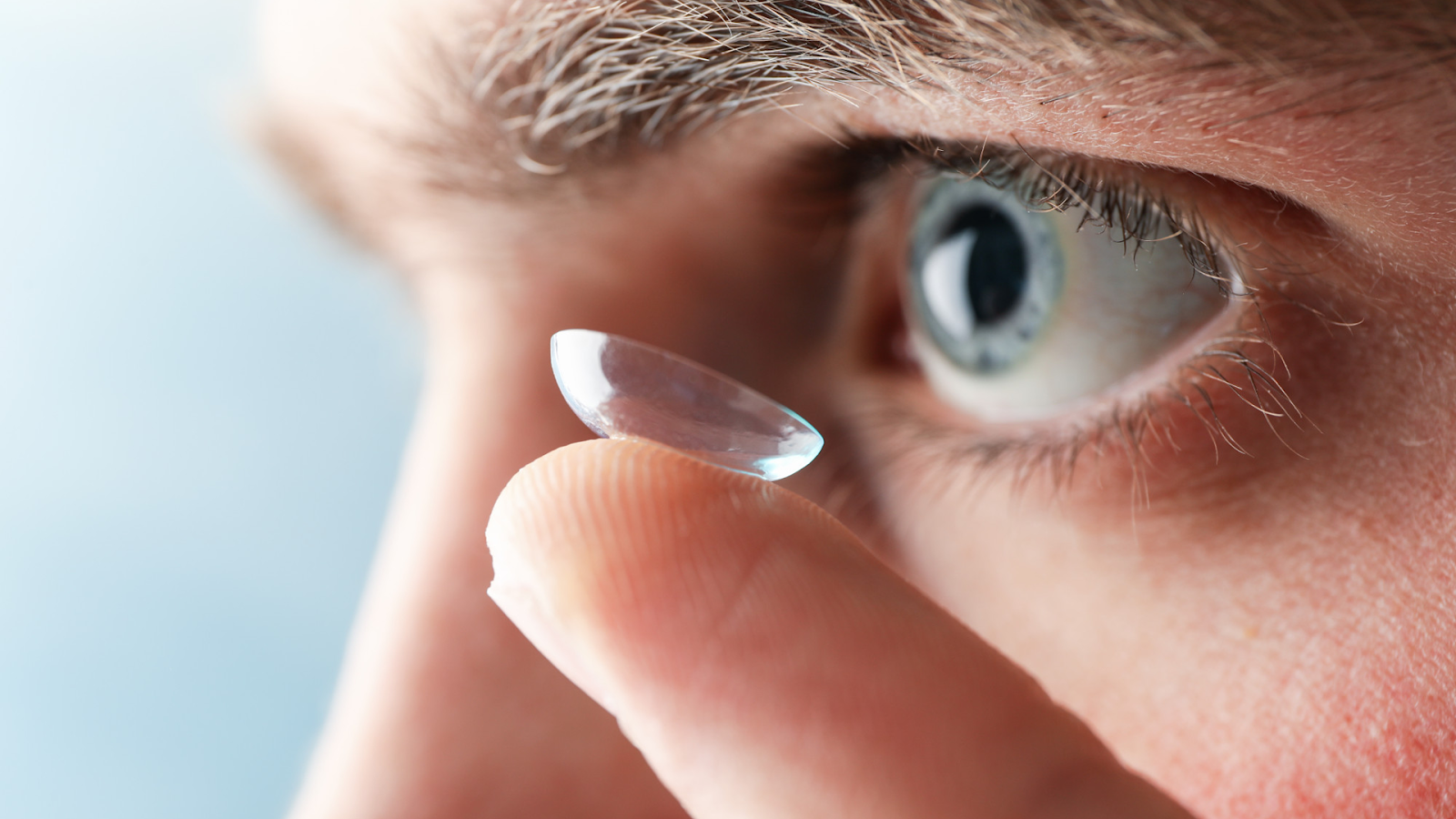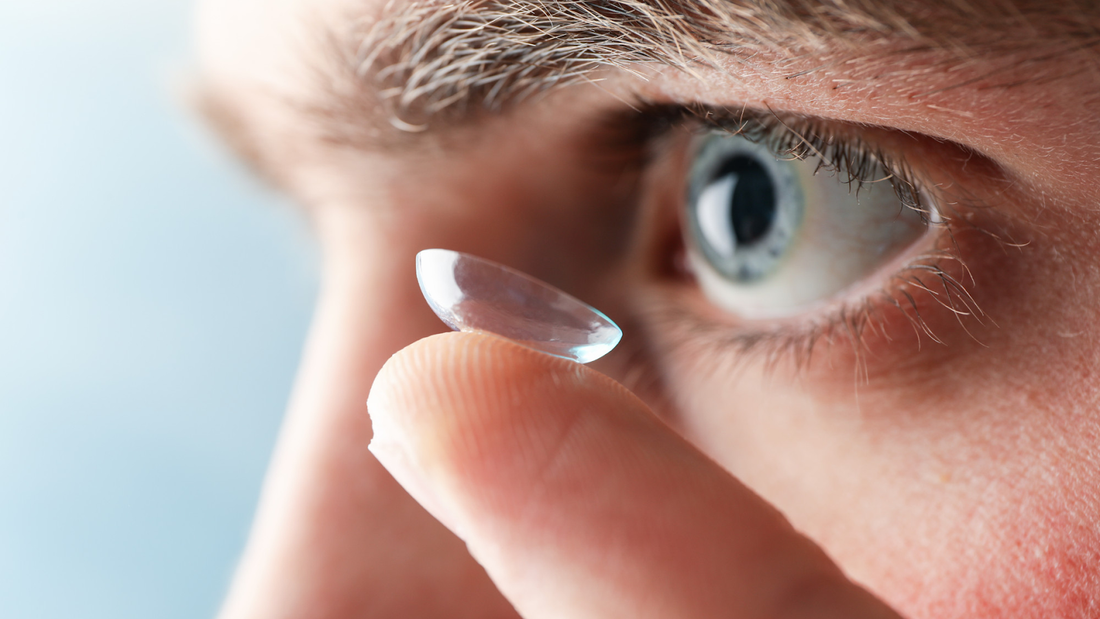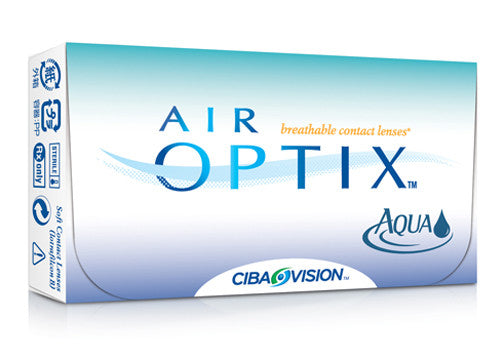
Contact lenses can do much more than just Enhancing Your Eyesight. They’re a marvel of modern science that can enhance your eyesight and improve your lifestyle. In this comprehensive guide, we'll explore the different types of contact lenses, their benefits, and how to choose the perfect pair for your needs.
Importance of Good Vision
Vision is our most dominant sense. It's the primary way we experience the world. Good vision contributes to improved athletic ability, better driving skills, and enhanced learning and comprehension. That's why addressing vision problems with the right corrective lenses is crucial.
Risk Factors
Vision impairment can be due to a multitude of factors, including genetics, environmental elements, and health conditions. Extended screen time and exposure to harsh lighting are modern risk factors that can contribute to eye strain and deteriorating vision. Contact lenses offer a discrete corrective solution that adapts to various lifestyles and helps combat the visual challenges posed by these risks.
Dive into the World of Contact Lens Variety
Exploring Contact Lens Categories unveils a range of options tailored to specific needs. Daily disposables offer convenience, while monthly lenses suit those seeking cost-effective solutions. Toric contact lenses address astigmatism, and multifocal lenses cater to presbyopia. Understanding these categories allows users to choose lenses aligning with their lifestyle and vision requirements, ensuring a comfortable and personalized experience.
Common Eye Conditions
Common eye conditions such as myopia (nearsightedness), hyperopia (farsightedness), and astigmatism (blurred vision due to irregular shape of the cornea or lens) can significantly affect our sight and resultantly how we perceive and experience the world. Contact lenses are designed to correct these conditions by altering the way light rays enter the eye, providing sharp and clear vision.
How Contact Lenses Correct Vision Problems
Contact lenses offer a closer-to-natural vision experience by sitting directly on the eye, which allows for a field of view unobstructed by the frames of glasses. They are able to correct refractive errors by focusing light directly onto the retina, resulting in clearer vision.
Eye Exams and Eye Health
Regular eye exams are the cornerstone of maintaining optimal eye health. These exams can help in early detection of vision problems and eye diseases. An optometrist can prescribe the
most suitable type of contact lenses based on the results of your eye exam, ensuring not only improved vision but also comfort and eye health.
Contact Lens Health Tips
Contact Lens Health Tips are essential for ensuring a safe and comfortable experience. Regularly following recommended guidelines, including proper cleaning, storage, and scheduled eye exams, is crucial. By prioritizing these tips, users can safeguard their eye health, minimizing the risk of infections and discomfort. Incorporating Contact Lens Health Tips into your routine not only enhances the longevity of your lenses but also contributes to overall eye well-being
Natural Ways to Help Improve Vision and Eye Health
In addition to wearing contact lenses, taking steps to protect and enhance your eye health is vital. Incorporating foods rich in vitamins A, C, and E, wearing UV-protective eyewear, and practicing good screen habits can all contribute to maintaining healthy eyes.
Choosing & Using Contact Lenses
Selecting the right contact lenses is a decision that should be made with careful consideration of various factors such as your needs, lifestyle, and comfort preferences.
Assessing Your Needs
To find the ideal contact lenses, assess your daily activities, the level of comfort you seek, and any specific eye health issues you may have. For example, if you live an active lifestyle, you might opt for extended-wear lenses for convenience.
Caring for Contact Lenses
Caring for contact lenses is vital for eye health. Wash hands, use recommended contact lens solutions, and follow the wearing schedule. Avoid tap water, replace the lens case, and attend eye exams. These steps ensure comfort, longevity, and safety for your contact lenses and eyes.
Treating Vision and Eye Conditions
There's a wide array of contact lenses tailored to different vision conditions. Bifocal lenses can help those with presbyopia, while toric lenses are designed for those with astigmatism, ensuring that each individual's vision needs are met with precision.
Aesthetics, Range and Self-Confidence
For many, contact lenses boost self-esteem by providing a way to correct vision without altering appearance with glasses. This can be particularly appealing for those who feel that glasses interfere with their appearance.
Cosmetic Benefits of Contact Lenses
Beyond vision correction, contact lenses can also offer aesthetic benefits. Colored lenses can transform your look for a special occasion or just for fun, while still providing the vision correction you need.
Confidence Gain and Style with Contact Lenses
Embracing contact lenses can significantly boost confidence by providing a full range of vision without the restrictions of eyeglasses. This newfound confidence, aptly termed Confidence with Contact Lenses is particularly valuable for individuals involved in sports and outdoor activities. Experience the freedom and self-assurance that comes with clear vision, enhancing both your daily life and recreational pursuits.
Categories Of Contact Lenses
There are several categories of contact lenses, including daily disposables, which are convenient and require no cleaning; extended-wear lenses, which can be worn for longer periods; and colored lenses, which can enhance or completely change your eye color.
FAQs
Q: How long can I wear my contact lenses each day?
A: Wear time varies by lens type. Daily wear lenses are typically worn for about 8-16 hours. Your eye care provider can give you a personalized wear schedule.
Q: Can contact lenses get lost behind my eye?
A: No, a membrane covers your eye, preventing lenses from getting lost behind it.
Q: Are contact lenses comfortable?
A: Yes, most wearers find them comfortable after a brief adjustment period. If discomfort persists, consult your eye care provider.
Q: How often should I replace my contact lenses?
A: Replacement schedules vary: daily disposables are single-use, bi-weekly lenses last two weeks, and monthly lenses should be replaced every month. Follow your provider's instructions.

































